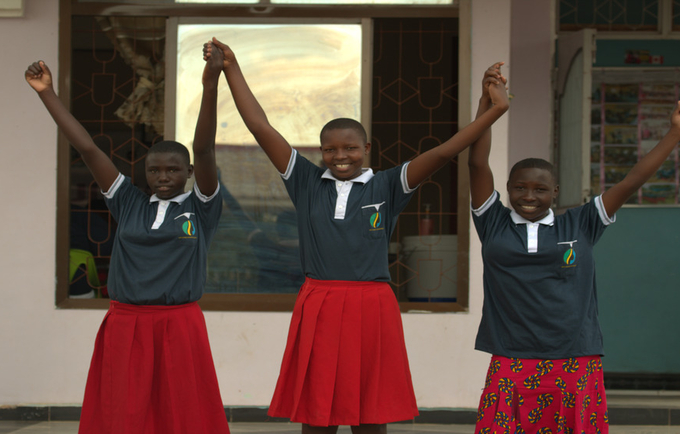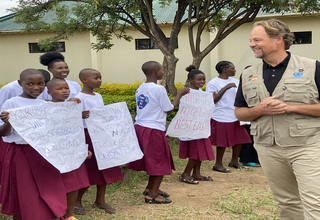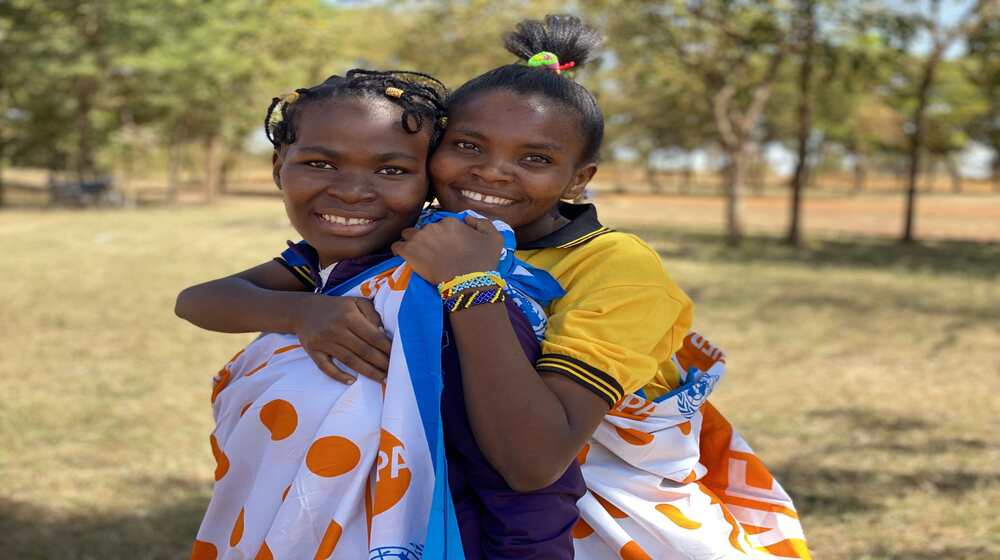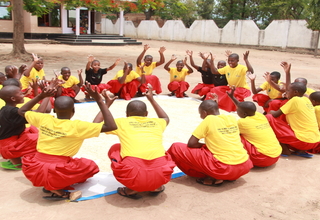Dar es Salaam - Zero tolerance for the practice of female genital mutilation (FGM) was emphasized at the Roundtable Discussion on Mobilizing Investment and Support to Accelerate the Elimination of FGM in Tanzania, attended by representatives of the Government of the United Republic of Tanzania, UN Agencies, national partners and diplomats on Monday at the Residence of the Ambassador of Italy.
“We commit to do everything in our power to uphold the rights of women and girls,” said Dr. Dorothy Gwajima, Minister of Community Development, Gender, Women and Special Groups (MoCDGWSG). “This includes upholding policies and programmes for the elimination of FGM and other harmful practices. Further concerted and collective efforts, together with local communities, involving men and boys as allies, are immediately needed as we work to eliminate FGM by the year 2030.”
"Partnership with Men and Boys to Transform Social and Gender Norms to End FGM" is the 2023 theme of the International Day of Zero Tolerance of FGM. In 2012, the UN General Assembly designated February 6th to be recognized annually as the International Day of Zero Tolerance for FGM, with the aim to amplify and direct efforts on the elimination of this practice.
Roundtable speakers included representatives from the Tanzania Police Force, UNFPA, UNICEF, the Association for Termination of Female Genital Mutilation (ATFGM) Masanga, Tanzania Interfaith Partnership, the MenEngage Tanzania Network, and a journalist. They recognized FGM as an act of gender-based violence that inflicts serious harm on girls and women’s health, including complications during pregnancy and childbirth, and affects their future opportunities for education and income generation.
“Girls have the right to live free from violence, and to make decisions over their own bodies,” said H.E. Marco Lombardi, Ambassador of Italy to the United Republic of Tanzania and the East African Community. “Ending FGM requires collaboration, together with men and boys, to transform social norms. It is our collective responsibility to uphold policies and invest in programmes to end FGM, and support those who are speaking out to end this harmful practice.”
The United Republic of Tanzania National Anti-FGM Strategy and Implementation Plan (2020/21-2024/25) provides guidance to accelerate the end of FGM in Tanzania, and a coordination framework to increase the impact of interventions. The National Plans of Action to End Violence Against Women and Children aim to eliminate violence against women and children by 2030.
“We recognize the Government of Tanzania’s achievements in policy development to eliminate FGM, and we continue to work together to further programming to end this harmful practice,” said Mark Bryan Schreiner, UNFPA Country Representative, United Republic of Tanzania. “The UNFPA-UNICEF Joint Programme on the Elimination of FGM supports women and girls to realize their rights, and men and boys as powerful allies in advocacy to end FGM.”
According to the Tanzania Demographic and Health Surveys the prevalence of FGM in Tanzania has significantly decreased: from 15 per cent in 2010 to 10 per cent in 2016. While many actors are actively working to end FGM, further efforts are urgently needed, as gains have been uneven across the country, with certain regions experiencing higher rates of FGM.
Plans were discussed for the upcoming second International Conference on Female Genital Mutilation, to take place from 25-28 April in Arusha, Tanzania, which expects more than 500 participants, including representatives from all 55 member states of the African Union. The theme of the conference will be: “Change in a Generation”: Girls and Women’s Wellbeing; Unlocking Full Potentials; Ending Harmful Practices. The first International Conference on Female Genital Mutilation was held in Ouagadougou, Burkina Faso in 2018, and attracted more than 400 participants from 34 countries.
…
For further information, please contact:
Warren Bright, UNFPA Tanzania Communications Analyst, Mobile: +255 764 43 44 45, Email: bwarren@unfpa.org




